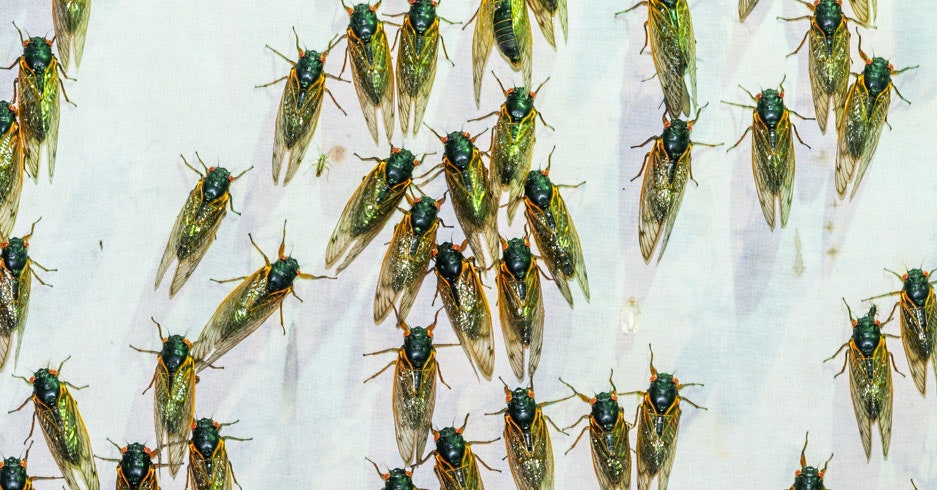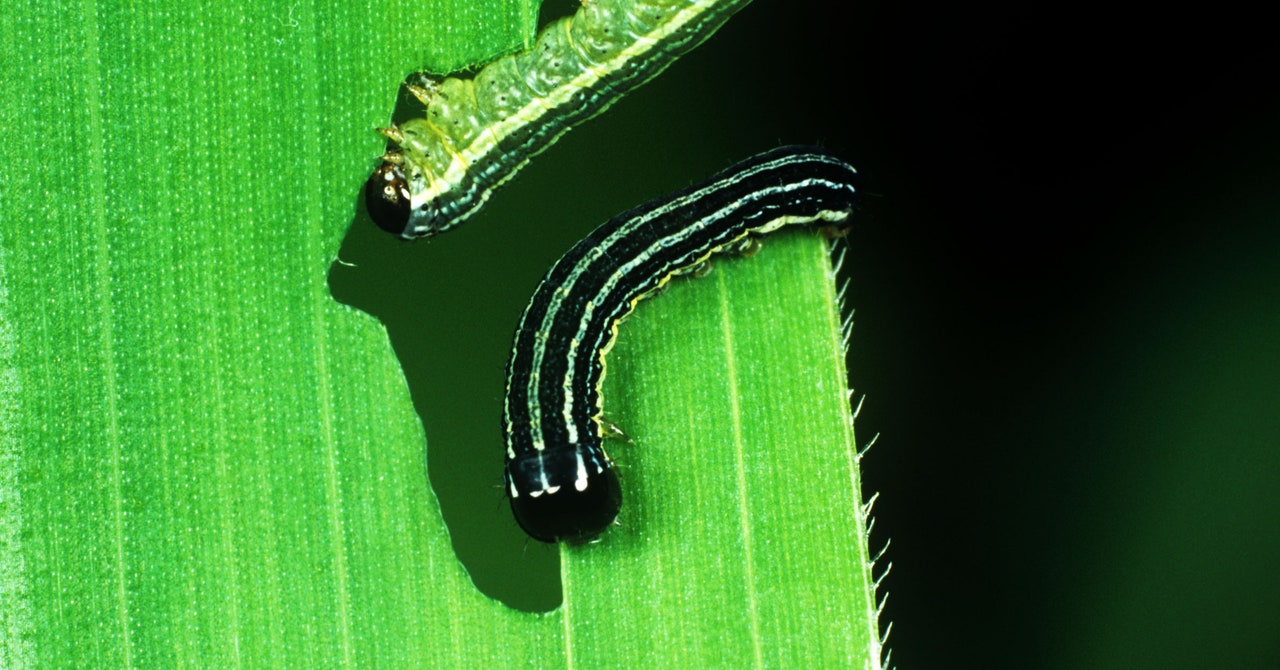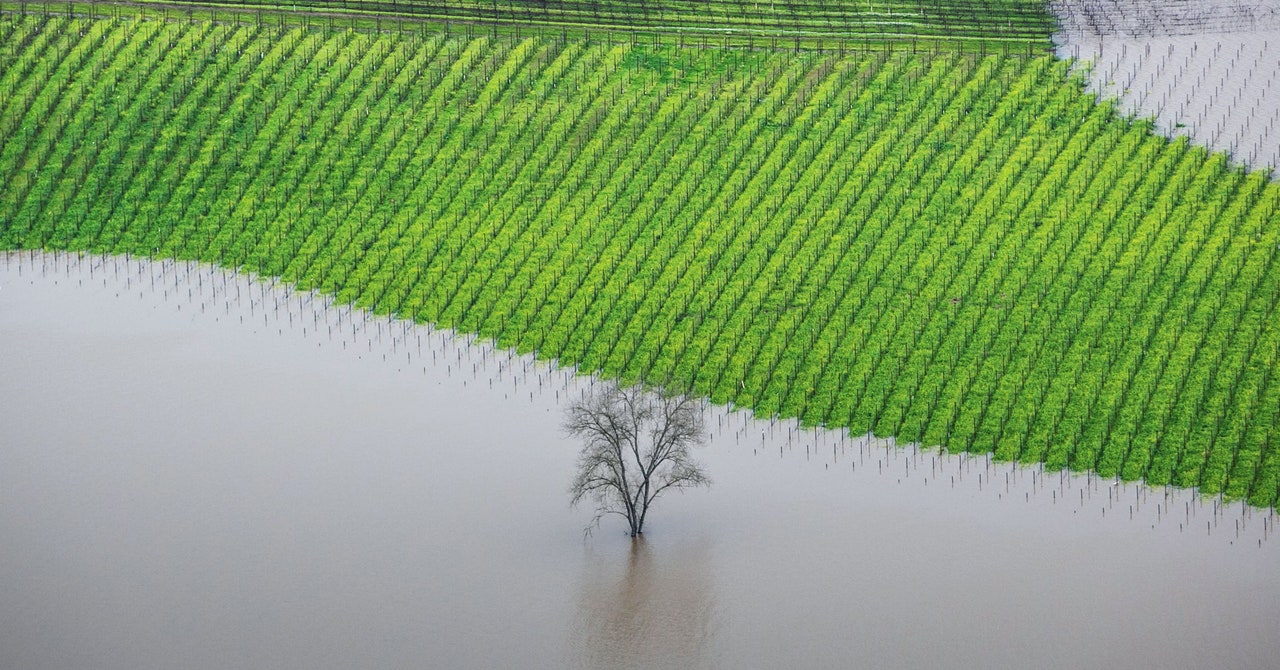The Cicadas Are Coming. Let’s Eat Them!
Why not embrace Brood X as the free-range, sustainable source of protein that it truly is?
-
(0)
-
Bookmark
- Comments (0)
11/06/2020 SOURCE: www.wired.com
Sure it's gross, but human mastery over its chemistry allowed the success of agriculture—and the rise of civilization.
The History of Poop Is Really the History of Technology
-
(0)
-
Bookmark
- Comments (0)
09/24/2020 SOURCE: www.wired.com
Social media groups are rife with peril, but for people coping with the virus—and those trying to treat it—they’re a valuable resource.
Covid-19 Support Groups Are a Potential Research Gold Mine
-
(0)
-
Bookmark
- Comments (0)
09/24/2020 SOURCE: www.wired.com
Biotech company Oxitec has created a caterpillar with self-destructing eggs in an attempt to curb agricultural damage. But will other pests simply move in?
Can a Genetically Modified Bug Combat a Global Farm Plague?
-
(0)
-
Bookmark
- Comments (0)
The Biblical Flood That Will Drown California
The Great Flood of 1861–1862 was a preview of what scientists expect to see again, and soon.
-
(0)
-
Bookmark
- Comments (0)
-
(0)
-
Bookmark
- Comments (0)
04/16/2020 SOURCE: www.wired.com
-
(0)
-
Bookmark
- Comments (0)
-
(0)
-
Bookmark
- Comments (0)
11/04/2019 SOURCE: www.wired.com
-
(0)
-
Bookmark
- Comments (0)
 Matthew Kroger
Matthew Kroger
Topics: Soil Health, Livestock/Meat, Cover Crops, Vegetables, Beekeeping, Fruit, Stone Fruit,
Many will find this hard to believe because of the conditioning we received... “Managed honey bee colonies supplement the work of natural wild pollinators, not the other way around. In a study of 41 different crop systems worldwide, honeybees only increased yield in 14 percent of the crops. Who did all the pollination? Native bees and other insects. A whole host of little blueberry bees, squash bees, and orchard bees co-evolved with many of our fruits and vegetables. It makes sense they would be good at pollination. In watermelons, native bees do 90 percent of the pollination. Native bees improve fruit production in apples. Native bee pollination creates twice as much fruit as honey bees in blueberries. In tomatoes, native bee species increase fruit production significantly.”

-
(1)
-
Bookmark
- Comments (1)












